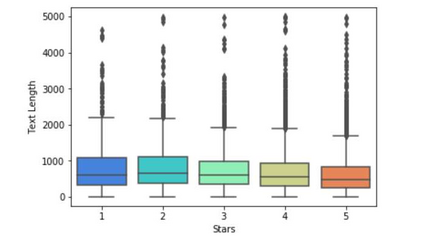The recommendation of points of interest (POIs) is essential in location-based social networks. It makes it easier for users and locations to share information. Recently, researchers tend to recommend POIs by treating them as large-scale retrieval systems that require a large amount of training data representing query-item relevance. However, gathering user feedback in retrieval systems is an expensive task. Existing POI recommender systems make recommendations based on user and item (location) interactions solely. However, there are numerous sources of feedback to consider. For example, when the user visits a POI, what is the POI is about and such. Integrating all these different types of feedback is essential when developing a POI recommender. In this paper, we propose using user and item information and auxiliary information to improve the recommendation modelling in a retrieval system. We develop a deep neural network architecture to model query-item relevance in the presence of both collaborative and content information. We also improve the quality of the learned representations of queries and items by including the contextual information from the user feedback data. The application of these learned representations to a large-scale dataset resulted in significant improvements.
翻译:关注点的建议对于基于地点的社交网络至关重要,它使用户和地点更容易分享信息。最近,研究人员倾向于将支持点作为大规模检索系统来建议,认为它们需要大量培训数据来反映查询项目的相关性。然而,在检索系统中收集用户反馈是一项昂贵的任务。现有的支持点建议系统仅根据用户和项目(地点)的相互作用提出建议。然而,有许多反馈来源需要考虑。例如,当用户访问一个基于地点的社交网络时,POI是针对什么的。在开发POI建议者时,将所有这些不同类型的反馈结合起来至关重要。在本文件中,我们提议使用用户和项目信息以及辅助信息来改进检索系统中的建议建模。我们开发一个深层的神经网络架构,在有协作和内容信息的情况下建模查询项目的相关性。我们还通过纳入用户反馈数据提供的背景资料来改进所学到的查询和项目的表述质量。这些学习的表述应用于大规模数据集,取得了显著的改进。






















